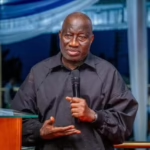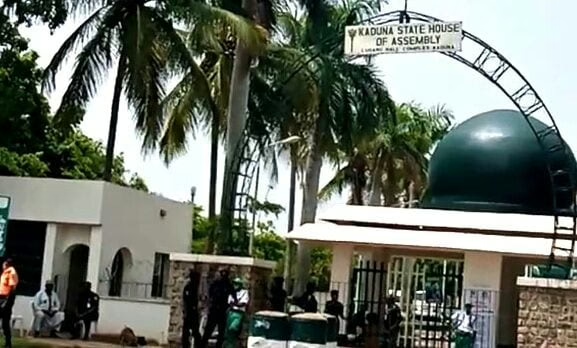The Kaduna State House of Assembly (KDSHA) has officially enacted legislation to create the Tertiary Institutions Regulatory Agency and Other Related Matters Act, set to take effect in 2025.
This legislative milestone was achieved during Tuesday’s plenary session, overseen by Speaker Hon. Yusuf Dahiru Liman. Following the session, Hon. Muhammad Lawal Ismail, chairman of the House Committee on Education and deputy chief whip, briefed reporters on the bill’s significance in enhancing oversight of both public and private tertiary institutions within the state.
According to Ismail, the newly established agency will be responsible for maintaining comprehensive records, regulating institutional operations, and acting as a centralized repository for data on student enrollment, academic programs, and compliance with Kaduna State’s educational policies.
“Previously, there was no dedicated body to oversee the dynamics between educators and students or to ensure that institutions adhered strictly to state labor laws and regulations,” he explained.
Ismail further clarified that, while the National Universities Commission (NUC) primarily ensures adherence to national academic standards, this state-level agency will focus on enforcing regulations tailored specifically to Kaduna’s educational landscape.
“Once enacted, the agency will also oversee colleges of education-including private institutions-regulating tuition fees, campus environments, and general institutional activities. We are optimistic that His Excellency will give his assent, as this initiative is crucial for advancing education in Kaduna, which is already a leader in this sector,” he added.
In a separate but related move, the Assembly unanimously passed a motion aimed at regulating scrap metal vendors operating throughout Kaduna State. The motion, introduced by Aminu Lawal, representative of the Doka/Gabasawa Constituency, seeks to enhance environmental sustainability, safeguard public health, and ensure adherence to existing waste management laws.
Addressing journalists after the session, Lawal voiced concerns over the unregulated scrap metal trade, highlighting its role in the theft of public infrastructure and private property. He emphasized that these activities not only jeopardize community safety but also impose significant financial burdens on the government due to costly repairs.



















